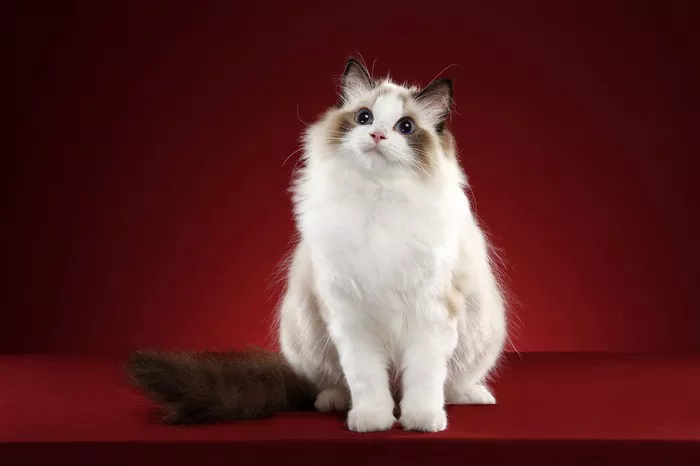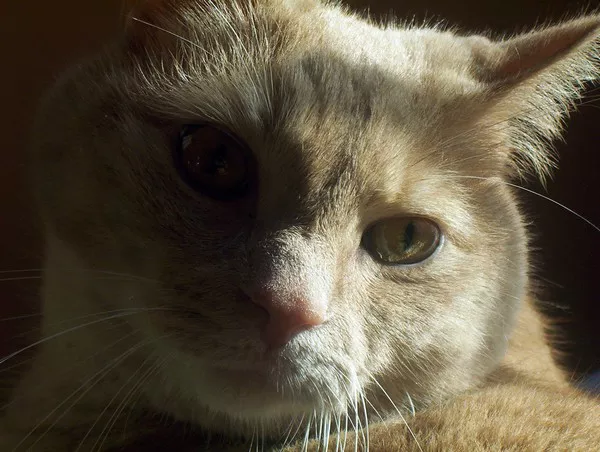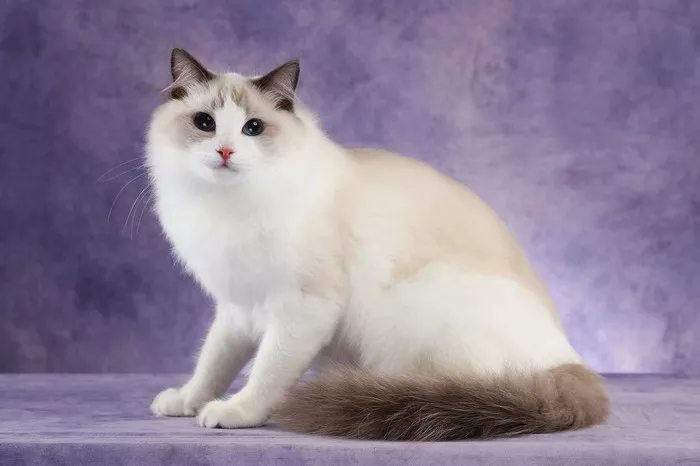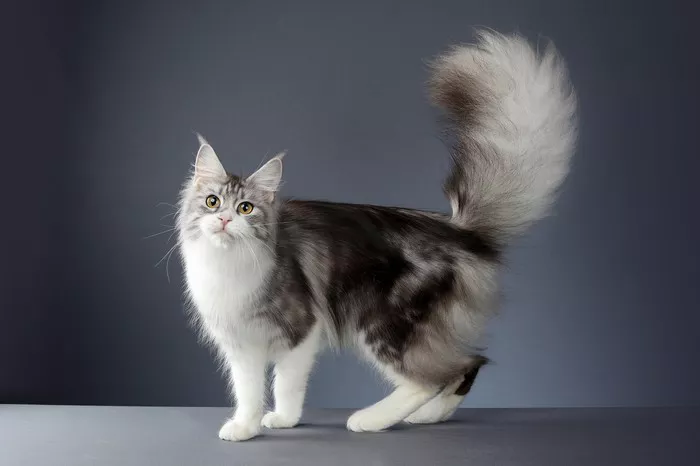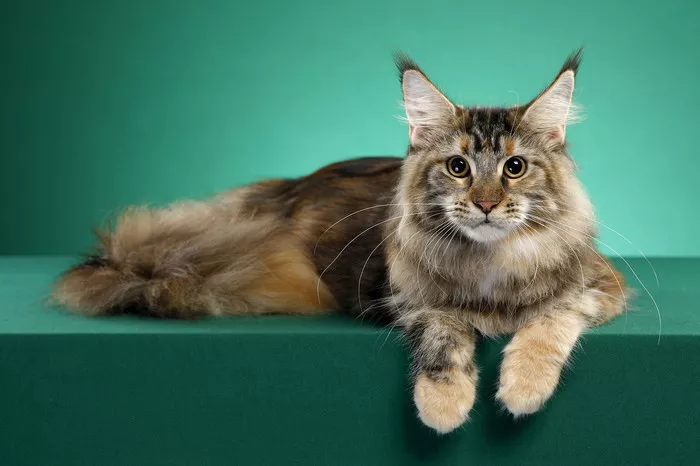Introduction:
Puppet cats, also known as Ragdolls, are a delightful and charming breed of felines known for their striking blue eyes, silky coats, and docile temperament. As responsible pet owners, it is essential to provide them with a balanced and nutritious diet that supports their overall health and well-being. In this article, we will explore the dietary needs of puppet cats and offer guidance on what to feed these beautiful creatures.
Understanding the Nutritional Requirements:
High-Quality Cat Food:
The foundation of a puppet cat‘s diet should consist of high-quality commercial cat food formulated specifically for their life stage (kitten, adult, or senior). Look for products that meet the standards set by reputable organizations, such as the Association of American Feed Control Officials (AAFCO). These foods are carefully formulated to provide the essential nutrients, vitamins, and minerals that your puppet cat needs.
Animal Protein:
Puppet cats, like most felines, are obligate carnivores, meaning their bodies are adapted to thrive on a diet primarily composed of animal protein. Look for cat foods with named animal protein sources, such as chicken, turkey, or fish, listed as the first ingredients. These proteins provide essential amino acids that support healthy growth, muscle maintenance, and overall vitality.
Healthy Fats:
Fats are an important component of a puppet cat’s diet as they provide energy and support various bodily functions. Opt for cat foods that contain moderate amounts of healthy fats, such as omega-3 and omega-6 fatty acids. These fats contribute to healthy skin and coat, promote brain development, and support a robust immune system.
Carbohydrates:
While puppet cats have minimal carbohydrate requirements, a small portion of their diet may include easily digestible carbohydrates. Look for cat foods that use whole grains, such as brown rice or oats, rather than fillers like corn or wheat. These complex carbohydrates can provide a source of energy and dietary fiber.
Hydration:
Cats, including puppet cats, have a low thirst drive and may not drink enough water on their own. Ensuring adequate hydration is crucial to maintain their urinary tract health and overall well-being. Provide fresh, clean water at all times and consider incorporating wet or canned cat food into their diet, as it contains higher moisture content.
Avoid Harmful Foods:
Some foods can be toxic or harmful to puppet cats. Avoid feeding them onions, garlic, chocolate, caffeine, alcohol, grapes, raisins, and any products containing xylitol. Additionally, refrain from feeding them bones, as they can splinter and cause injuries.
Consulting with a Veterinarian:
Each puppet cat is unique, and their dietary needs may vary based on factors such as age, activity level, and health conditions. It is crucial to consult with a veterinarian to develop a personalized feeding plan for your furry companion. They can provide guidance on portion sizes, feeding frequency, and address any specific dietary concerns or allergies your puppet cat may have.
Conclusion:
Feeding your puppet cat a well-balanced and nutritious diet is essential to ensure their overall health and happiness. By selecting high-quality cat food, prioritizing animal protein, incorporating healthy fats, and providing adequate hydration, you can nourish your puppet cat and support their vitality. Remember to consult with a veterinarian for personalized advice, as they can offer valuable insights tailored to your puppet cat’s unique needs. With proper nutrition, you can contribute to the well-being and longevity of your beloved puppet cat.

